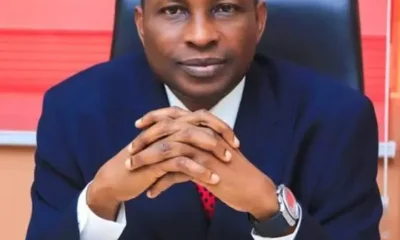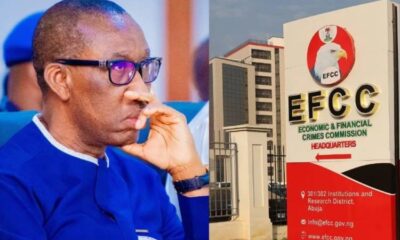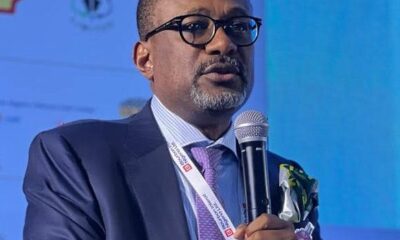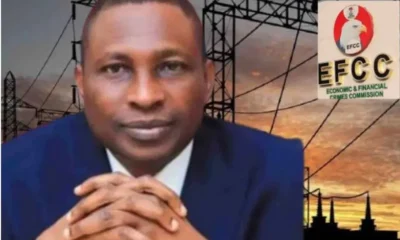Inside Nigeria
EFCC reveals those responsible for frequent national grid collapse
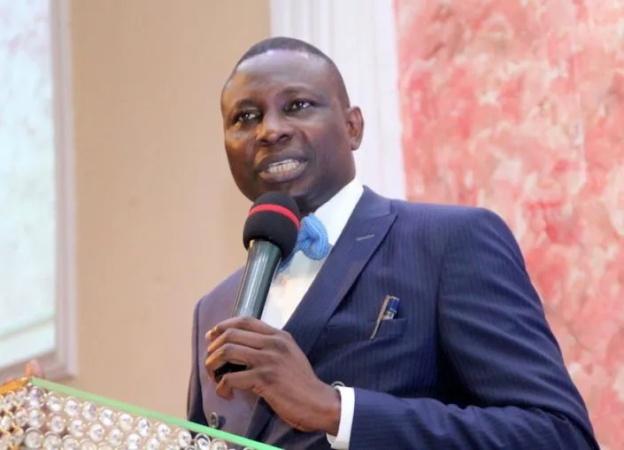
The frequent collapse of Nigeria’s national power grid has been attributed to the use of substandard electrical materials supplied by corrupt contractors, according to the Economic and Financial Crimes Commission (EFCC).
The agency expressed concerns that the poor quality of materials and flawed project implementation in the power sector hinder the country’s infrastructural growth.
Ola Olukoyede, the EFCC Chairman, disclosed these findings during a meeting at the commission’s headquarters in Abuja with members of the House Committee on Anti-Corruption and Financial Crimes.
He highlighted that investigations have shown contractors often neglect quality standards, compromising the nation’s power infrastructure.
The persistent grid failures have had severe impacts, with recent disruptions leaving 17 Northern states without electricity for over a week.
Additionally, the grid has experienced 10 collapses this year, causing widespread power outages across Nigeria.
The Minister of Power, Adebayo Adelabu, has cited outdated infrastructure as a contributing factor.
He noted that this “dubious” practice was a major cause of frequent equipment failures, outages and grid collapses as witnessed recently.
He said, “As I am talking to you now, we are grappling with electricity. If you see some of the investigations we are carrying out within the power sector, you will shed tears.
“People who were awarded contracts to supply electricity equipment, instead of using what they call 9.0 guage, they will go and buy 5.0. Every time you see the thing tripping off, the thing gets burnt, and all of that, it falters and it collapses. It’s part of our problems.”
Speaking further, he also said the commission discovered that in the last 20 years, capital project implementation and execution in the country were not up to 20 percent.
Olukoyede said, “We discovered that in the last 15 to 20 years, we have not done up to 20% of our capital project implementation and execution. And if we don’t do that, how do you want to have infrastructural development?
“How do you want to grow as a nation? So, our mandate this year is to work with that directorate and with the National Assembly to see if we can meet up to 50% of our execution of our capital project for the year
“If we do 50%, we will be fine as a nation. Lack of implementation of this capital project, capital budget, is one of our major problems in Nigeria. And if we are able to tackle that effectively, we will make progress as a nation.
“So, we are doing everything to see how we can prevent that with your support.”


